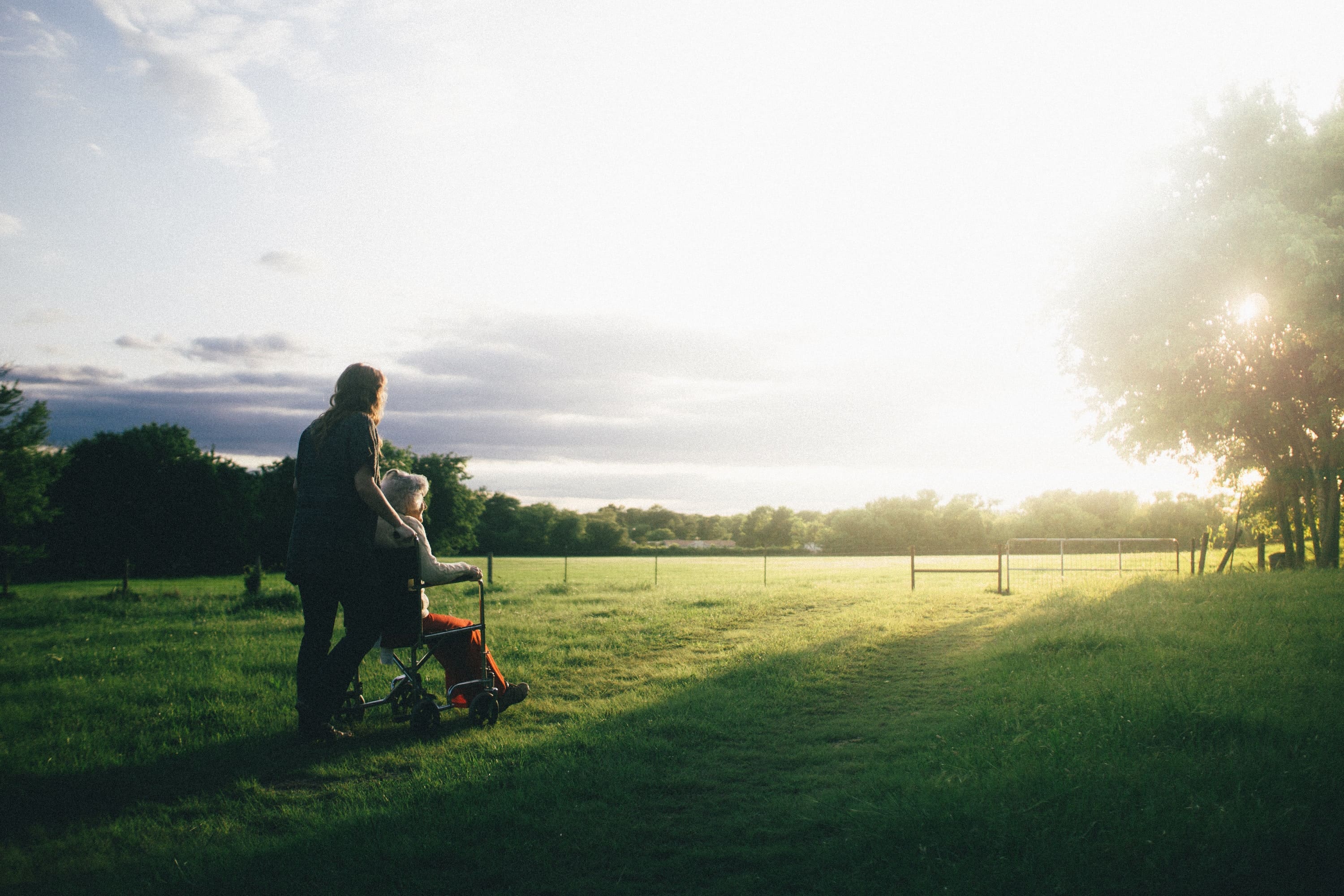
06 Mar Protecting Elders from Nursing Home Abuse – Part 1
It’s a dark topic that has been hidden for many years by caretakers and nursing professionals. Thankfully, in recent years the subject has been brought out into the open. We’re talking about elder abuse. At Phelps LaClair in Phoenix, AZ, we do estate planning. And as part of every estate plan, we stress the importance of creating an effective financial strategy for long-term care, because it’s possible that you or your spouse could eventually need to spend time in a skilled nursing care facility. In previous blogs we have written about what to look for when choosing a long-term care facility. But no matter how careful you are in vetting a nursing home, sometimes a barrel will have a bad apple. That is why we must be vigilant about protecting elders from nursing home abuse. In our next two blogs, we will look at some signs to watch for if you suspect that your loved ones are being abused.
What Qualifies as Abuse?
Abuse can be physical, emotional, mental, neglectful, sexual or financial. Any of these can make a patient’s life miserable; a combination of two or more can be devastating. Physical abuse is probably the easiest to spot, because it usually leaves visual clues, like cuts or bruises. But negligence is one of the most common forms of abuse, and it is relatively easy to disguise. Likewise, mental and emotional abuse often go unnoticed, or patients’ complaints about them are passed off as symptoms of dementia and delusion. Sexual abuse is difficult to recognize when dementia is a factor; shame and trauma may also prompt the victim of this abuse to remain silent. Financial abuse is often undetected unless a family member or a power of attorney examines bank and credit card statements each month.
Hiding Abuse
Generally speaking, nursing home abuse can be difficult to detect because the evidence of abuse can be attributed to other factors. Complaints of negligence, for example, can be blamed on an over-demanding patient. Physical abuse can be claimed to be the result of a fall, usually because of the victim’s own clumsiness or willfulness. Elderly people are also less likely to stand up to bullying due to frailty or compromised mental awareness. They can become targets to be taken advantage of by unsympathetic or overworked staff.
In our next blog post, we will list some of the signs of these types of abuse. It is tempting for relatives and friends to believe that abuse only happens to other people, but in reality, it happens all too frequently. Being aware of the signs is the first step to remediation.
As a second generation estate planning firm, we’ve been around the Phoenix Valley for a long time. And we’ve helped many families build a secure future that includes being ready for unexpected long-term care in a quality facility. In sharing today’s topic, we understand that protecting elders from nursing home abuse is a subject families need to be aware of when aging parents are involved, or when a loved one requires care in a skilled nursing facility. If you suspect that an elderly parent or those who are under your guardianship are suffering abusive situations, there are options for voicing your concern and discussing the needs of your loved one. Here’s one website that gives you a starting place for reaching out.
Images used under creative commons license (Commerical Use) (03/06/19) Photo by Dominik Lange on Unsplash


